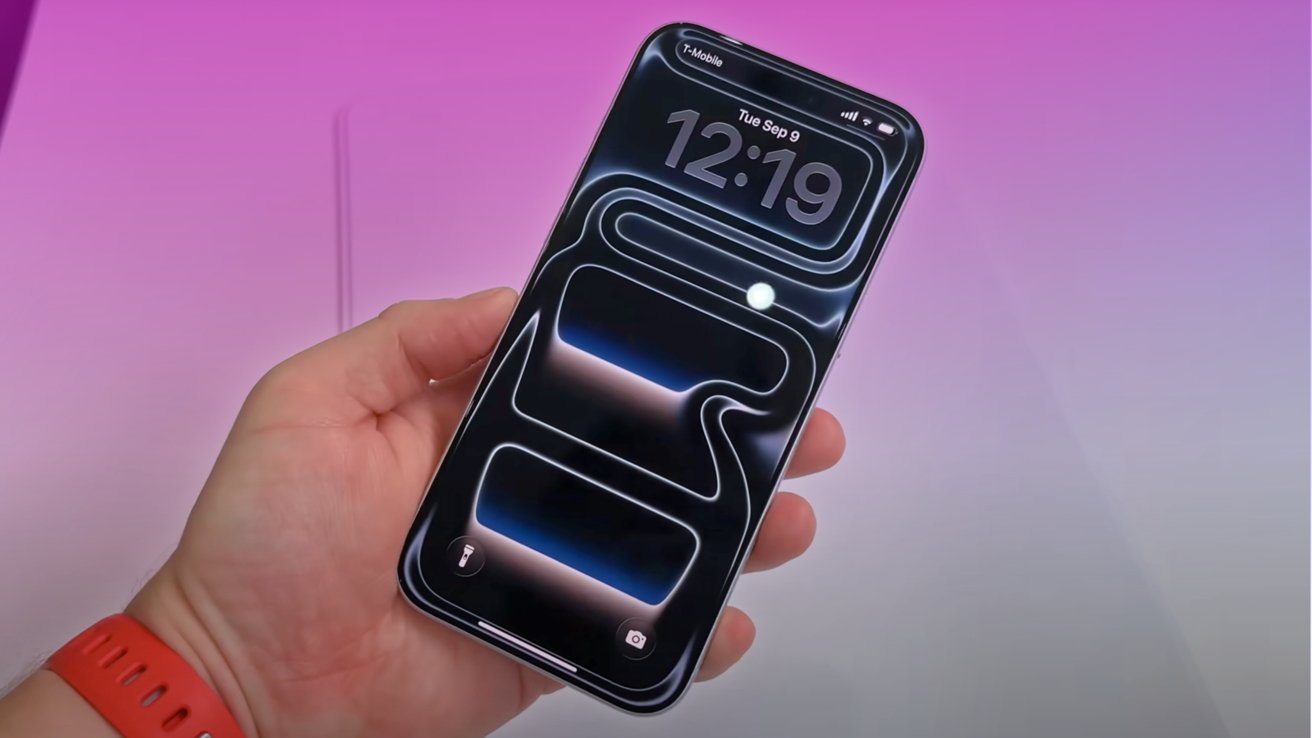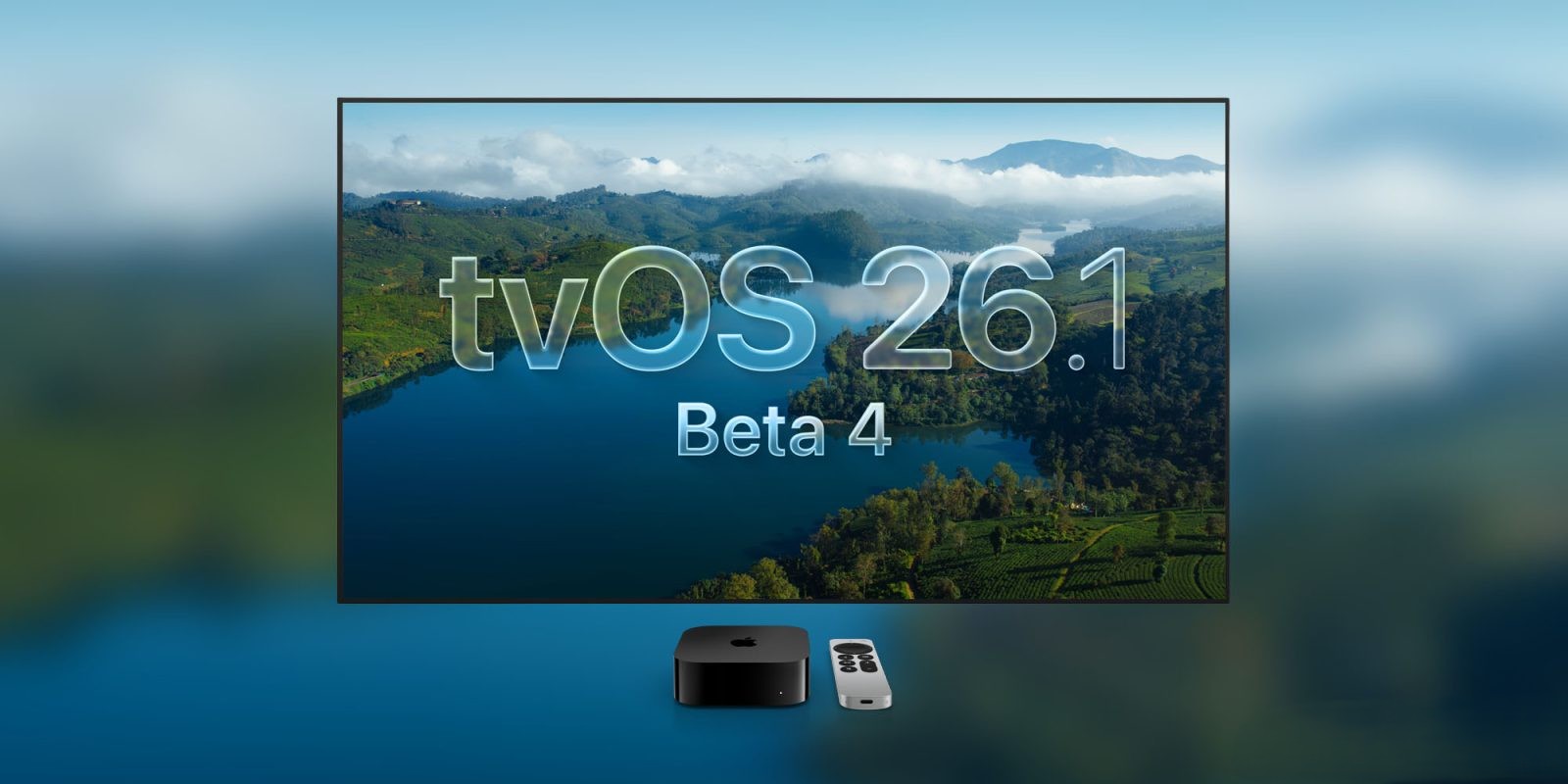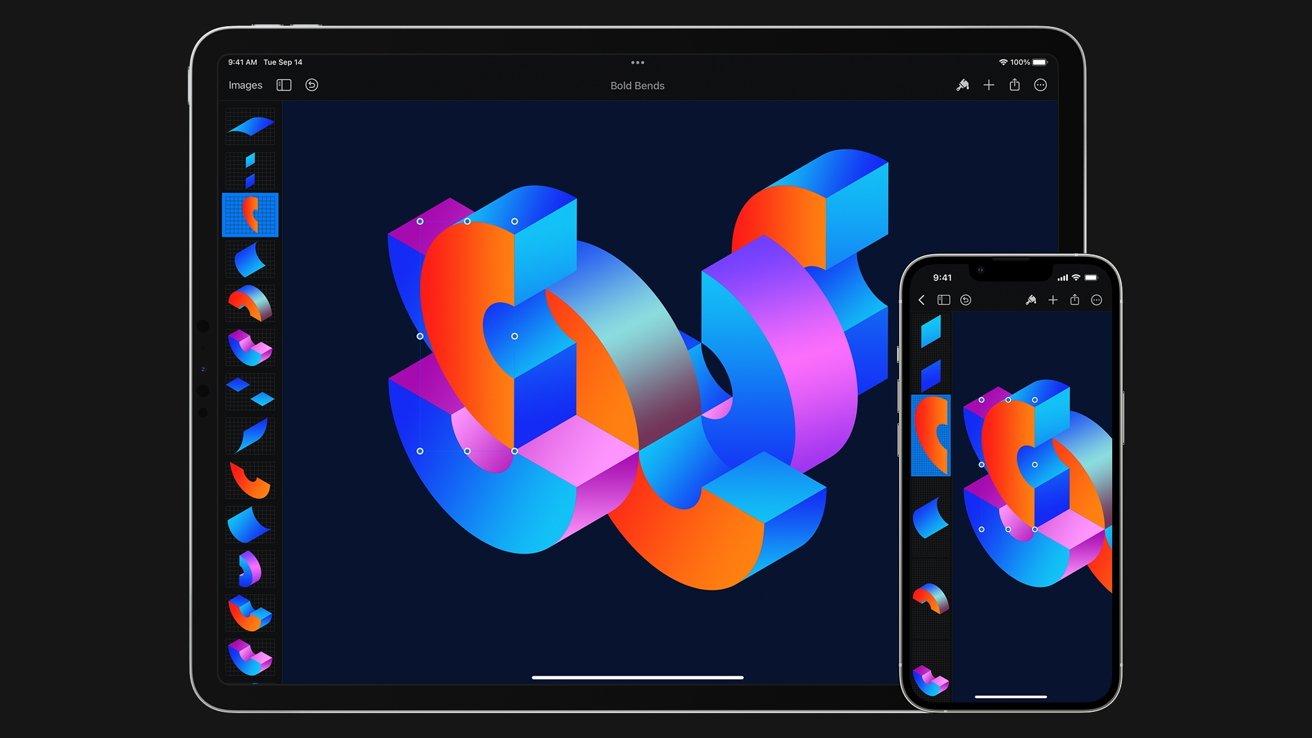In 2007, the tech industry witnessed a pivotal collaboration between Apple and Corning Incorporated, a partnership that would redefine smartphone durability and design. At the heart of this alliance was Steve Jobs, Apple’s visionary co-founder, whose persuasive prowess convinced Corning to embark on a groundbreaking venture.
Wendell Weeks, Corning’s CEO since 2005, recounted the genesis of this collaboration in a recent interview. Initially, Weeks approached Jobs with an innovative concept: a technology that could transform smartphones into projectors. However, Jobs dismissed the idea, labeling it as the dumbest idea [I’ve] ever effing heard. Despite this blunt rejection, Jobs recognized Corning’s potential and kept the company on his radar.
As Apple was developing its first iPhone, Jobs envisioned a device with a sleek glass screen, moving away from the conventional plastic displays. He turned to Corning for this critical component. However, Corning was hesitant. The company had the technology but lacked the manufacturing capacity to meet Apple’s ambitious timeline. Weeks was advised to decline the proposal, suggesting that Apple seek another supplier.
Jobs, known for his relentless drive and persuasive skills, confronted Weeks directly. He challenged the CEO, stating, Do you know what your problem is? You’re afraid. You know, you’re afraid I’m going to launch the biggest product in history, and I’m not going to be able to do it because you failed, and I’m going to eviscerate you. Jobs further accused Weeks of hindering his team’s potential, emphasizing that fear of failure was preventing Corning from achieving greatness.
This candid confrontation was a turning point. Motivated by Jobs’ challenge, Weeks committed Corning to the project. The company rapidly adapted its manufacturing processes, reviving its previously shelved Gorilla Glass technology. Originally developed in the 1960s for military applications, Gorilla Glass was thin, lightweight, and exceptionally strong—ideal for the iPhone’s design.
The collaboration proved to be a monumental success. The iPhone’s launch in 2007 set new standards in smartphone design and durability, with its glass screen becoming a signature feature. Corning’s Gorilla Glass became the industry standard, used in numerous devices beyond the iPhone.
Over the years, the partnership between Apple and Corning has deepened. In 2017, Apple invested $200 million in Corning from its Advanced Manufacturing Fund, followed by an additional $250 million in 2019. These investments aimed to expand Corning’s manufacturing capabilities and fuel research and development into new glass technologies. In 2021, Apple awarded Corning a further $45 million to support the production of precision glass for iPhones, Apple Watches, and iPads.
The fruits of this collaboration are evident in the latest iPhone 17, which features the Ceramic Shield 2 screen. This advanced glass, developed by Corning, offers three times better scratch resistance than previous models, enhancing the device’s durability and user experience.
Reflecting on the journey, Weeks acknowledges the profound impact of Jobs’ challenge. The decision to partner with Apple not only transformed Corning’s trajectory but also set new benchmarks in the tech industry. It underscores the power of visionary leadership and the importance of embracing calculated risks to achieve innovation and success.



